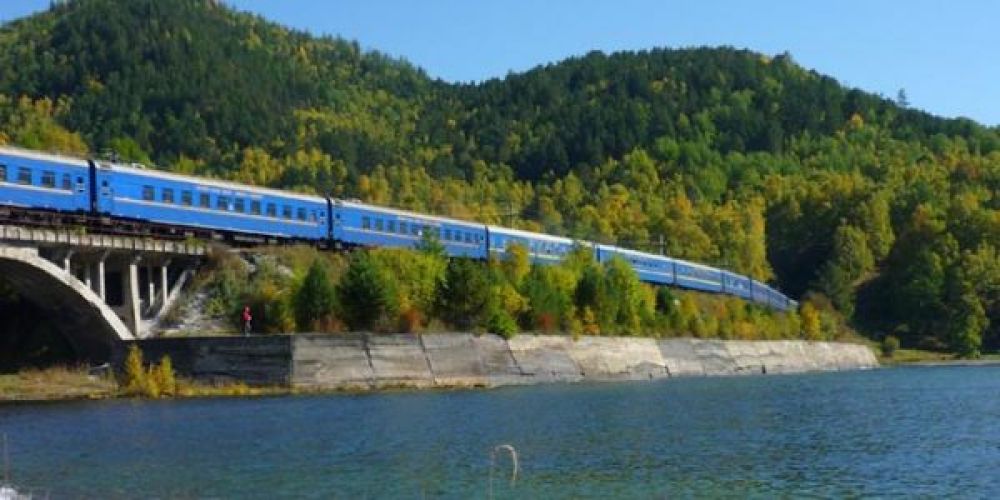

The Tumangang Railway Bridge, an important logistical link between North Korea and Russia, carries a significant historical weight that has influenced the patterns of tourism in the region. Constructed during the era of the Russian Empire, it represents a piece of the larger Trans-Siberian Railway, which has been an engineering marvel since its completion.
This bridge illustrates the strategic cooperation between the DPRK and Soviet Union throughout the 20th century. It has primarily served as a freight transport conduit, but it also carries passengers, providing a gateway to the relatively more open economic area of Rason, which has been of interest to foreign visitors.
Rason, as a Special Economic Zone (SEZ), has been part of North Korea's cautious opening to foreign investment and tourism. This status has allowed Rason to have lighter regulations compared to the rest of the country, enabling it to attract tourists looking to explore a side of North Korea that is different from the tightly controlled image often portrayed internationally.
Initially, North Korea's tourism sector was mostly driven by politically motivated travel, with visitors coming to witness grand monuments and participate in government-orchestrated tours. However, in Rason, tourists experience a somewhat different environment where they can observe local markets, interact with some citizens, and see the unique blend of North Korean and foreign enterprises.
In recent years, there has been an emerging trend of adventure and educational tourism within North Korea, and Rason is at the forefront due to its SEZ status. Tourists are often intrigued by the opportunity to explore a lesser-known side of the country with slightly more freedom.
However, it's important to note that all tourism in North Korea is heavily regulated, and the Tumangang Railway Bridge itself is not necessarily a tourist attraction, but rather a functional piece of infrastructure that enables the tourism industry within Rason.
Another trend has been the increase in Chinese tourists to the region, as China continues to be North Korea's largest ally and trade partner. Chinese visitors typically have easier access to North Korean travel permits, and as such, make up a significant portion of the tourism demographics in Rason.